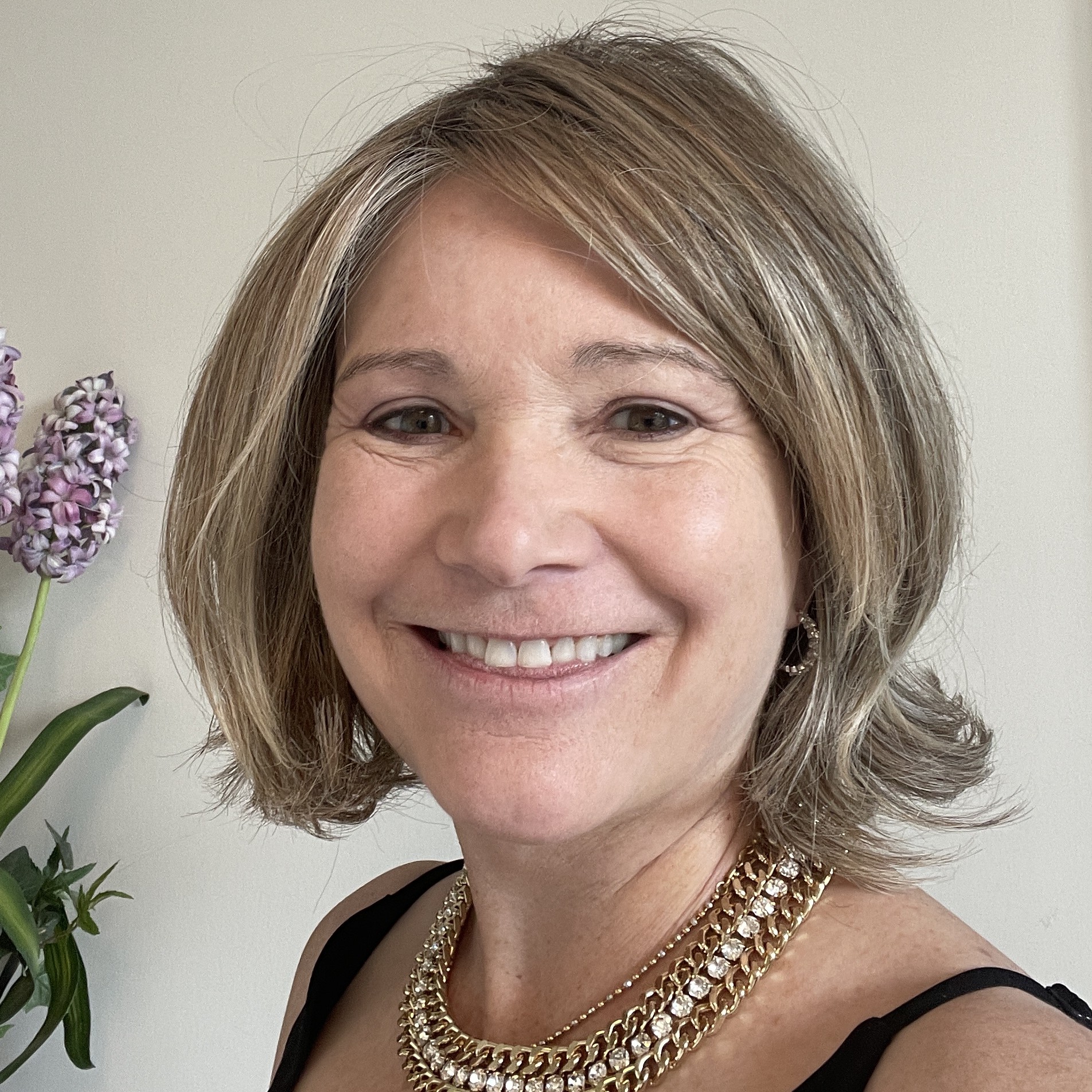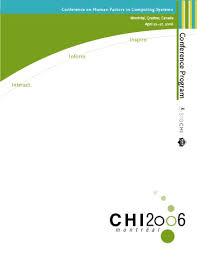Interface Agents as Social Models: The Impact of Appearance on Females’ Attitude Toward Engineering
Baylor, A. L., Rosenberg-Kima, R. B., & Plant, E. A. (2006). Interface Agents as Social Models: The Impact of Appearance on Females’ Attitude Toward Engineering. Proceedings of International Conference on Human Factors in Computing Systems (CHI 2006), Montreal, Canada. (pp. 526- 531), ACM Press.
Publication year: 2006
This experimental study investigated the impact of interface agent appearance (age, gender, “coolness”) on enhancing undergraduate females’ attitudes toward engineering. Results revealed that participants reported more positive stereotypes of engineers after interacting with a female agent. In contrast, participants interacting with a male agent reported that engineering was more useful and engaging. An interaction of “coolness” and age indicated that agents who were young and “cool” (i.e., peer-like; similar to participants) and agents who were old and “uncool” (stereotypical engineers) were both most effective on enhancing self-efficacy toward engineering.

